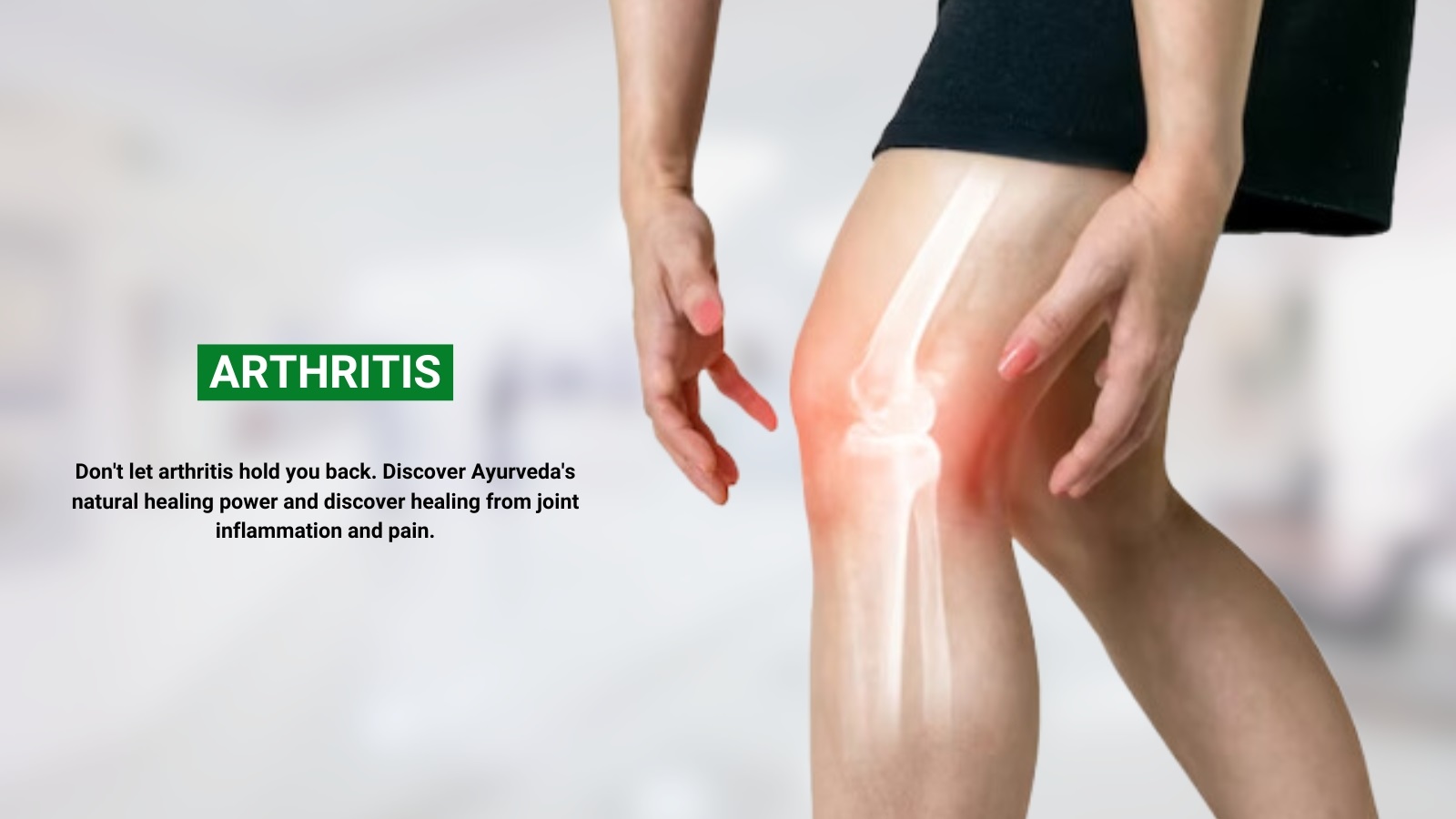Arthritis is a chronic condition that affects the joints, causing pain, inflammation, and stiffness. While modern medicine offers many treatment options, Ayurvedic medicine has been used for centuries to manage arthritis symptoms and improve joint health. In this article, we will explore Ayurvedic treatment for arthritis with reference to nuayurveda.com.
Understanding Ayurveda
Ayurveda is a holistic medical system that originated in India thousands of years ago. It emphasizes the importance of maintaining a balance between the mind, body, and spirit to achieve optimal health. In Ayurveda, arthritis is seen as the result of an imbalance in the body’s digestive and metabolic systems, leading to the accumulation of toxins.
Ayurvedic Treatment for Arthritis:
Ayurvedic treatment for arthritis focuses on correcting the underlying imbalances in the body, improving digestion and metabolism, and reducing inflammation in the joints. According to nuayurveda.com, ayurvedic treatment of arthritis involves the following steps:
Step 1: Diagnosis
In Ayurveda, the diagnosis of arthritis is based on a thorough examination of the patient’s medical history, physical examination, and other diagnostic tests. The ayurvedic practitioner will assess the patient’s dosha imbalance and identify the root cause of the arthritis.
Step 2: Correction of Digestion and Metabolism
Ayurveda places great importance on maintaining good digestion and metabolism to prevent the accumulation of toxins in the body. The ayurvedic practitioner will recommend dietary and lifestyle changes, as well as herbal remedies and supplements, to improve digestion and metabolism.
Step 3: Reduction of Inflammation
Ayurveda uses a variety of herbs and supplements to reduce inflammation in the joints and improve joint mobility. These include herbs such as turmeric, ginger, and ashwagandha, as well as supplements such as glucosamine and chondroitin.
Step 4: Panchakarma
Panchakarma is a detoxification treatment that involves a series of cleansing procedures to eliminate toxins from the body. Panchakarma is believed to be particularly effective in treating arthritis and can help reduce inflammation in the joints.
Step 5: Maintenance Therapy
Once the initial treatment is complete, Ayurvedic practitioners recommend ongoing maintenance therapy to prevent the recurrence of arthritis symptoms. This may involve regular massage, dietary and lifestyle changes, and the use of Ayurvedic herbs and supplements.
Types of Arthritis and Ayurvedic Treatment:
Ayurvedic treatment for arthritis can be customized to suit the specific type of arthritis that a patient has. Here are some of the most common types of arthritis and how Ayurvedic treatment can help:
- Osteoarthritis: Osteoarthritis is a degenerative joint disease that is caused by wear and tear on the joints. Ayurvedic treatment for osteoarthritis involves reducing inflammation in the joints, improving joint mobility, and strengthening the muscles around the affected joint.
- Rheumatoid Arthritis: Rheumatoid arthritis is an autoimmune disease that causes inflammation in the joints. Ayurvedic treatment for rheumatoid arthritis involves reducing inflammation, improving joint mobility, and strengthening the immune system.
- Inflammatory Arthritis: Inflammatory arthritis is a type of arthritis that causes inflammation in the joints. Ayurvedic treatment for inflammatory arthritis involves reducing inflammation, improving joint mobility, and strengthening the immune system.
Safety and Effectiveness of Ayurvedic Treatment for Arthritis
Ayurvedic treatment for arthritis is generally considered safe and effective when administered by a qualified practitioner and therapist. However, it is important to note that Ayurvedic remedies can interact with other medications and may not be suitable for everyone. Patients should consult with their healthcare provider before starting any Ayurveda.



0 Comments